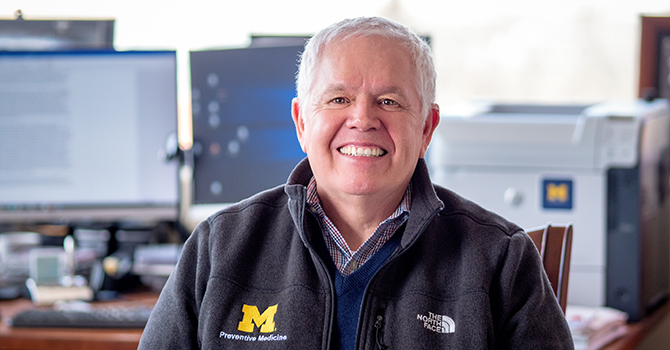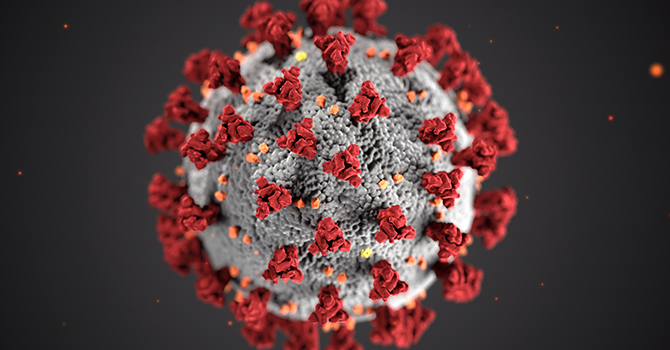
IN THE NEWS: Stacking Best Practices to Help Michiganders Safely Return to Work
Article by Dean DuBois Bowman and Sharon Kardia
We are all eager to get back to work, but how do we move forward in a way that safeguards the public’s health?

We are all eager to get back to work, but how do we move forward in a way that safeguards the public’s health?

To prepare for and mitigate public health crises, government officials should examine which federal, state and local agencies have legal authority to investigate and counter threats to public health, as well as develop criteria for notifying the public, according to a new Milbank Quarterly study about the water crisis in Flint, Michigan.

With no national data source, a University of Michigan-led study has uncovered frequent spills, inconsistent PPE use and problems with closed-system transfer devices across 12 institutions.

We’re all wondering when we can return to work, see friends and family, and get back to some sense of normal. Meanwhile, we might notice that a planned temporary hospital wasn’t built or that some data seems to show a reduction in the spread of coronavirus. What do we do with emerging shades of gray in a situation that seemed so black and white not too long ago?

Matthew Boulton, senior associate dean for Global Public Health and professor of Epidemiology and Preventive Medicine, has been appointed to the Michigan Coronavirus Task Force on Racial Disparities, which will study racial disparities in the impact of COVID-19 and recommend actions to address the disparities.

Michigan Public Health Epidemiology professors Marisa Eisenberg and Emily Martin attended Michigan Governor Gretchen Whitmer’s update on the state’s response to the COVID-19 pandemic on April 22, 2020, detailing the model developed by a group of experts and researchers at the School of Public Health.